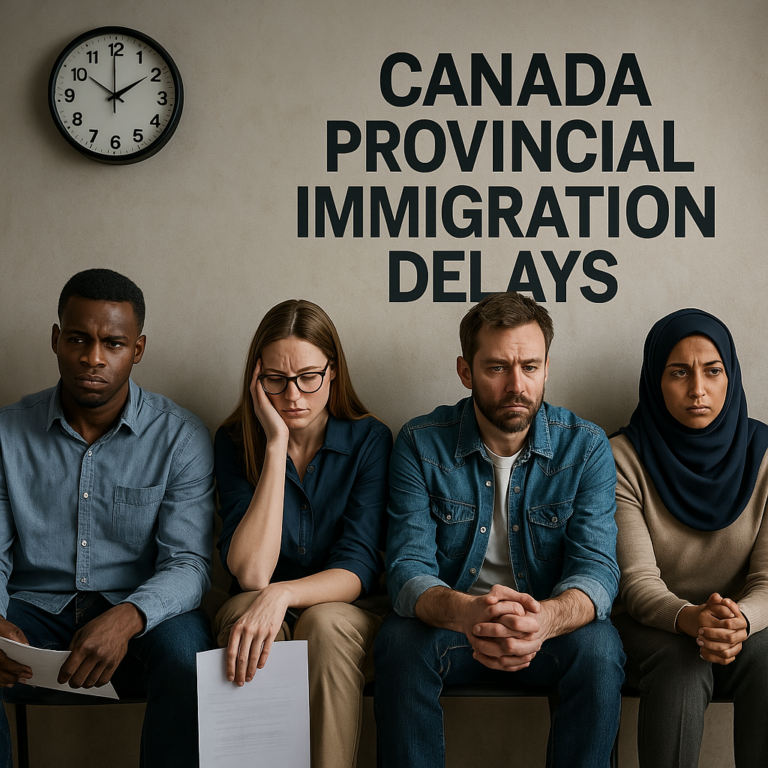Introduction
In the complex landscape of irregular migration, a one-size-fits-all approach to outreach and counseling often falls short. Irregular migrants, defined as individuals lacking the necessary authorization to enter, stay, or work in a country, face diverse challenges that require nuanced and individualized support strategies. Recognizing this, recent discussions have emphasized the importance of tailored interventions to effectively assist this vulnerable population.
Key Takeaways
- Tailored outreach and counseling are crucial for supporting irregular migrants.
- Understanding individual experiences enhances the effectiveness of assistance programs.
- Building trust is essential for successful engagement with irregular migrants.
- Collaborative approaches improve the delivery of support services.
- Continuous evaluation and adaptation are necessary for effective migrant assistance.
Understanding the Diverse Needs of Irregular Migrants
Irregular migrants are not a homogeneous group; they come from various backgrounds and have different reasons for migration, such as escaping conflict, seeking economic opportunities, or reuniting with family. This diversity means that their needs and challenges vary significantly, necessitating personalized outreach and counseling approaches.
The Importance of Tailored Outreach
Generic outreach programs may fail to resonate with irregular migrants due to cultural differences, language barriers, and varying levels of trust in authorities. Tailored outreach involves:
- Cultural Sensitivity: Understanding and respecting cultural backgrounds to build rapport.
- Language Accessibility: Providing information in languages understood by the target audience.
- Trust Building: Establishing credibility, especially when migrants fear detention or deportation.
By customizing outreach efforts, organizations can more effectively communicate available services and encourage migrants to seek assistance.
Personalized Counseling Approaches
Counseling services must be adaptable to address the specific circumstances of each migrant. Key strategies include:
- Individual Assessments: Evaluating personal situations to provide relevant advice.
- Holistic Support: Addressing not only legal concerns but also health, psychological, and social needs.
- Empowerment: Encouraging self-sufficiency through education and skill development.
Such personalized counseling ensures that assistance is relevant and effective, promoting better outcomes for migrants.
Building Trust Through Community Engagement
Trust is a cornerstone of effective outreach and counseling. Many irregular migrants are wary of engaging with organizations due to fears of exposure to authorities. To overcome this:
- Community Partnerships: Collaborating with trusted community leaders and organizations to reach migrants.
- Transparency: Clearly communicating the role of the organization and the confidentiality of services.
- Consistency: Maintaining a reliable presence in migrant communities to build long-term trust.
By fostering trust, organizations can more effectively support irregular migrants in accessing necessary services.
Collaborative Efforts for Comprehensive Support
No single organization can address all the needs of irregular migrants. Collaboration among various stakeholders, including non-profits, government agencies, and community groups, is essential. Collaborative efforts can:
- Resource Sharing: Pooling resources to provide a wider range of services.
- Referral Systems: Directing migrants to appropriate services efficiently.
- Advocacy: Working together to influence policies that affect irregular migrants.
Such partnerships enhance the support network available to migrants, ensuring more comprehensive assistance.
Continuous Evaluation and Adaptation
The dynamics of migration are continually evolving, and so are the challenges faced by irregular migrants. Regular evaluation of outreach and counseling programs is necessary to:
- Assess Effectiveness: Determining what strategies are working and which are not.
- Gather Feedback: Listening to migrants’ experiences to inform program improvements.
- Adapt Strategies: Modifying approaches to meet changing needs and contexts.
By committing to ongoing evaluation and flexibility, organizations can remain responsive to the needs of irregular migrants.
Conclusion
A one-size-fits-all approach is inadequate for addressing the complex and varied needs of irregular migrants. Tailored outreach and counseling, grounded in cultural sensitivity, trust-building, and collaboration, are essential for providing effective support. By embracing personalized strategies, organizations can better assist irregular migrants in navigating their challenges and accessing the resources they need.
#IrregularMigrants #TailoredSupport #Migration
Source








